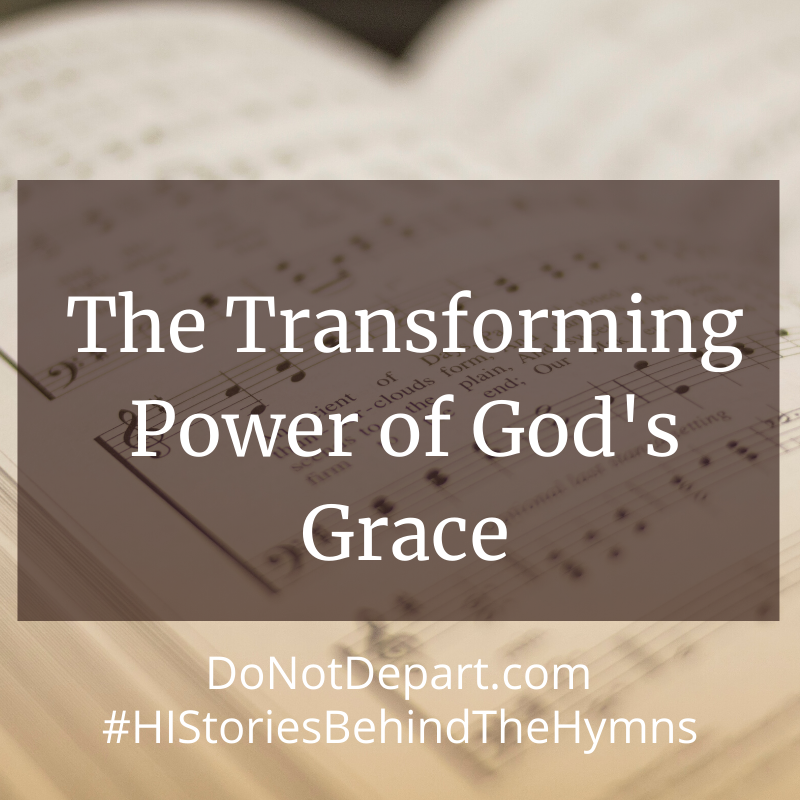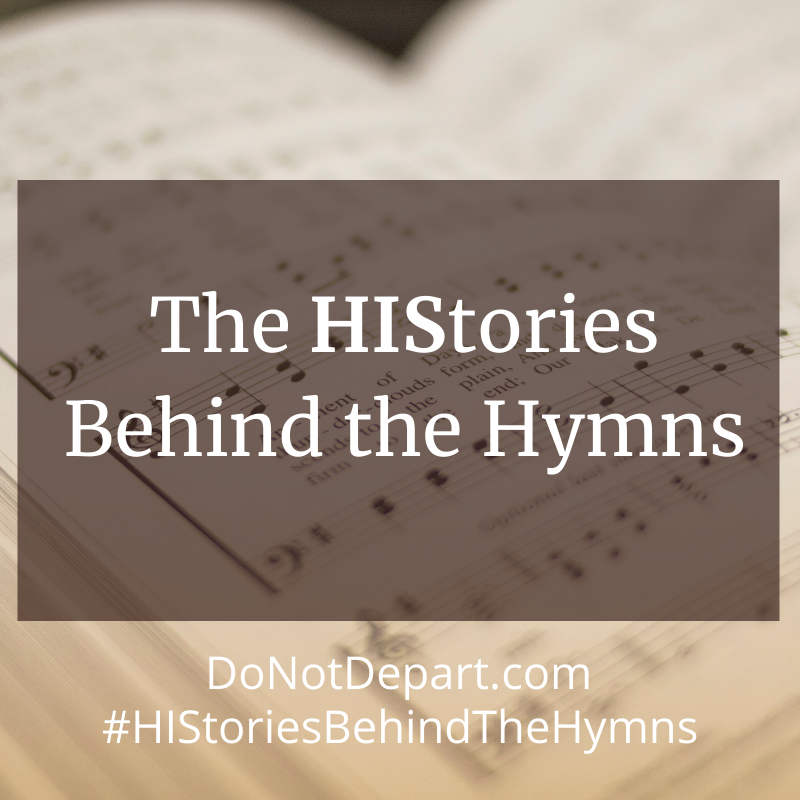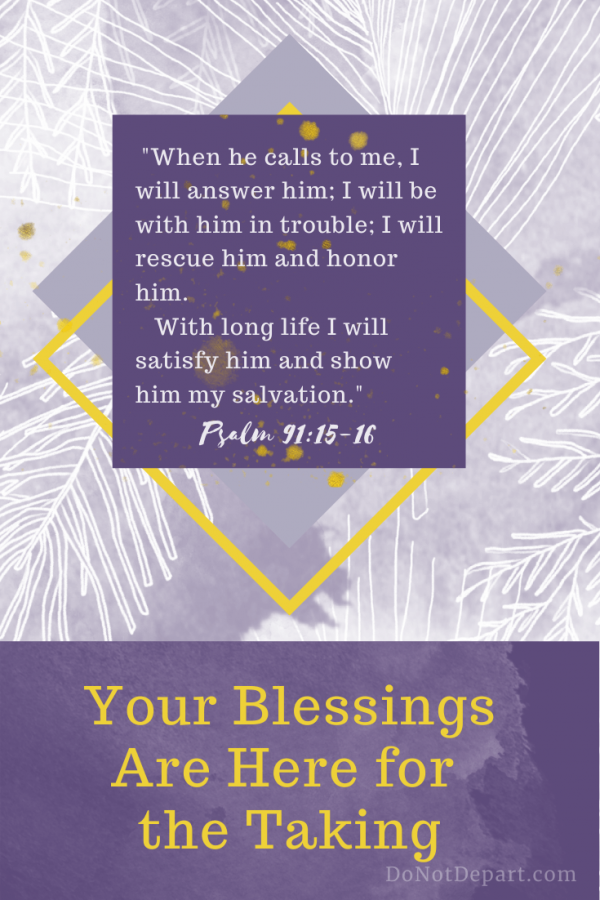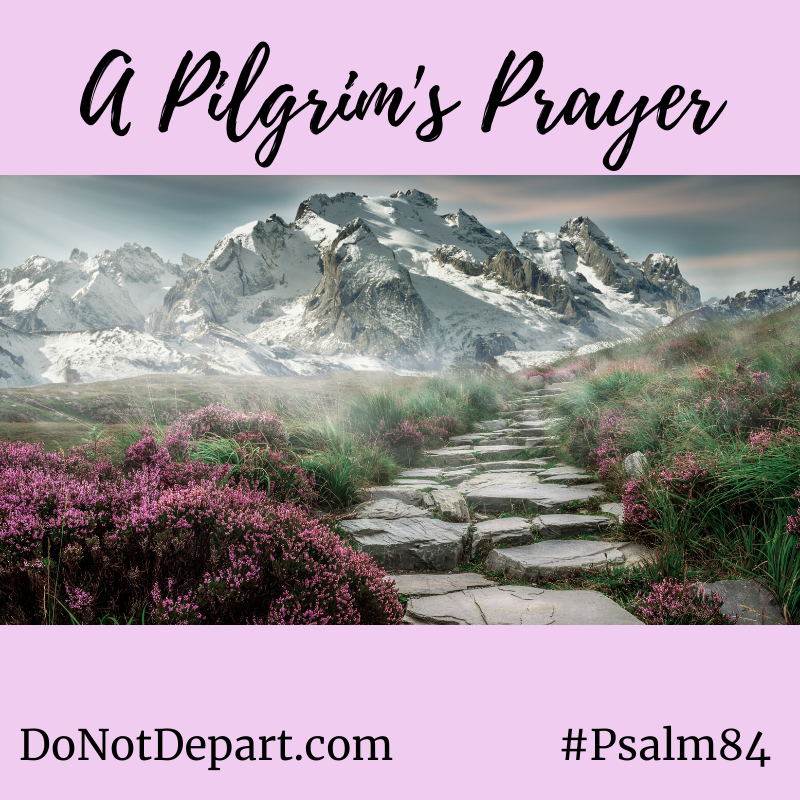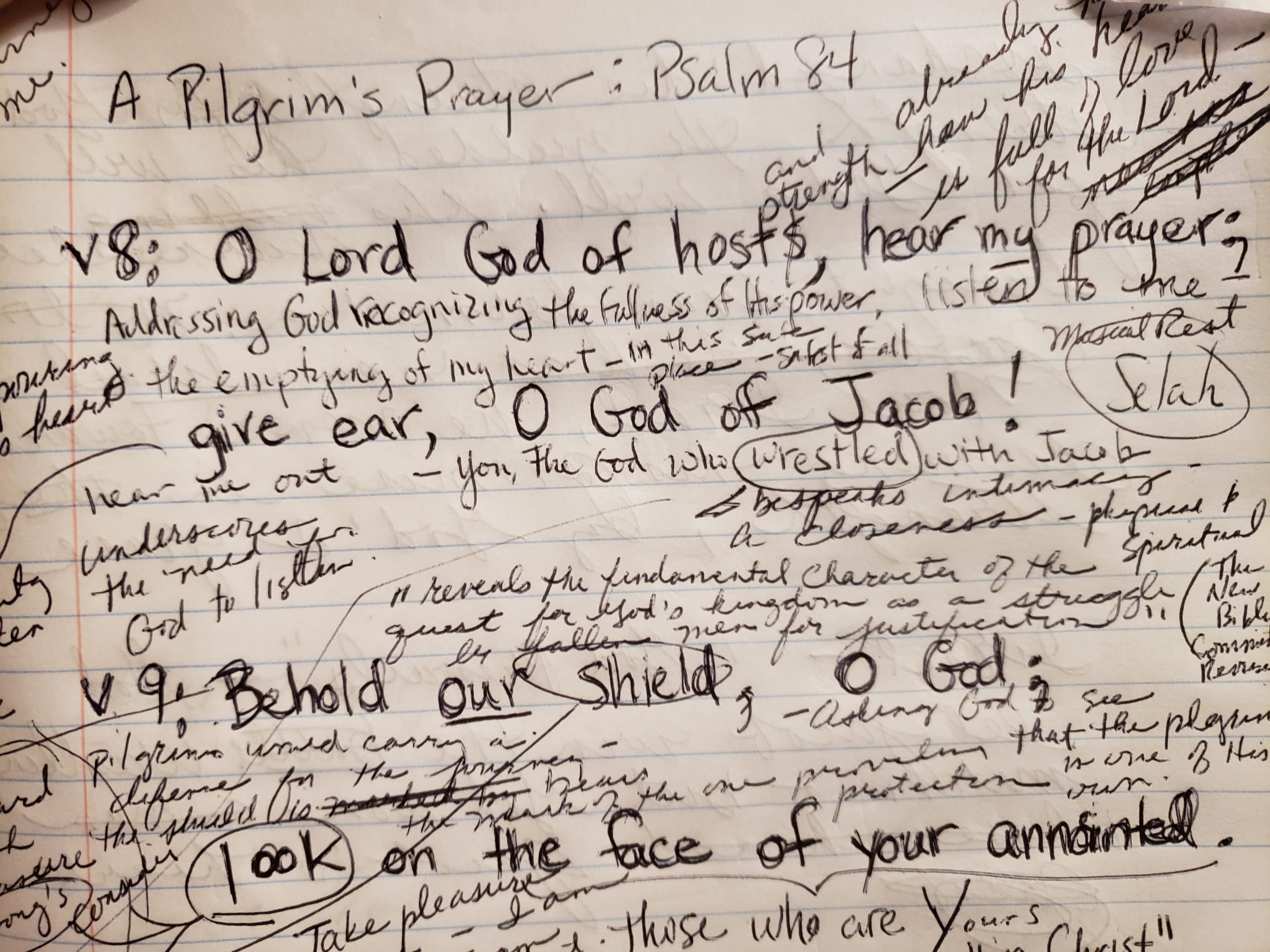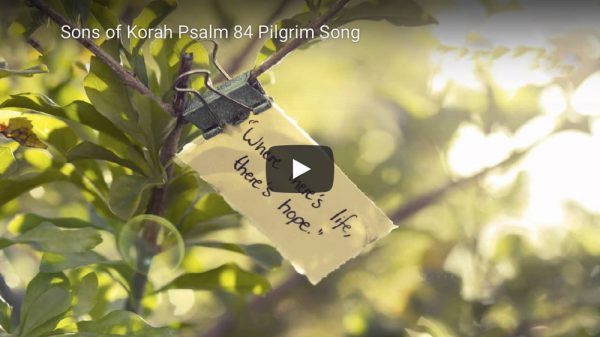All this month at Do Not Depart we are looking at the history behind our great hymns of faith. In the introduction to this new series I posted the words to John Newton’s beloved hymn, Amazing Grace. Written in 1779, the hymn was originally titled, Faith’s Review and Expectation. It was John Newton’s testimony of the power of God’s grace to transform even the worst of sinners.
Early Years
Born in London on July 24, 1725, John Newton’s mother faithfully trained him in the Lord until her death when John was only six years old. Most of his formative years were spent at sea with his father, a respected sea captain. As he entered adulthood the spiritual influence of his mother faded, and he pursued self-satisfaction. It is at this point where his life begins to mirror that of the Prodigal Son in Luke 15.
…the younger son gathered all he had and took a journey into a far country, and there he squandered his property in reckless living. Luke 15:13
In the pamphlet, Thoughts Upon the African Slave Trade (1787), Newton wrote:” My headstrong passions and follies plunged me, in early life, into a succession of difficulties and hardships, which at length, reduced me to seek a refuge among the natives of Africa.”
Amazing grace! How sweet the sound
That saved a wretch like me!
I once was lost, but now am found;
Was blind, but now I see.
’Twas grace that taught my heart to fear,
And grace my fears relieved;
How precious did that grace appear
The hour I first believed!
A Life of Sin
Like the Prodigal Son, John suffered the consequences of sin. Attached to the sea, between 1742-1748 he spent time on a merchant ship, was pressed into service for the Royal Navy, and eventually worked on slave ships. He was not well liked, even among the worst of the worst. Physical and emotional anguish plagued his life during this time.
“But when he came to himself, he said, ‘How many of my father’s hired servants have more than enough bread, but I perish here with hunger!” Luke 15:17
Through many dangers, toils and snares,
I have already come;
’Tis grace hath brought me safe thus far,
And grace will lead me home.
Transformed by Grace
Just like the Prodigal Son had an epiphany while eating with pigs, it took a near tragedy at sea to turn John Newton toward God. May 10, 1748 is the day marked as the beginning of John Newton’s conversion. I appreciate his honesty when he said, “I cannot consider myself to have been a believer in the full sense of the word, until a considerable time afterwards.” He did not completely leave the slave trade until 1755. During the seven-year span between his salvation and leaving the slave trade, the Holy Spirit worked in his life to produce a powerful preacher of the Gospel and abolitionist.
…But while he was still a long way off, his father saw him and felt compassion, and ran and embraced him and kissed him. Luke 15:20
The Lord has promised good to me,
His Word my hope secures;
He will my Shield and Portion be,
As long as life endures.
Yea, when this flesh and heart shall fail,
And mortal life shall cease,
I shall possess, within the veil,
A life of joy and peace.
Proclaiming Grace
In the years after 1755, Newton became an Anglican minister and working with Methodist, Baptist and Independent ministers and preachers to promote the Gospel. He discipled a young William Wilberforce who would later lead the abolitionist cause in Great Britain. As an abolitionist he wrote,
I hope it will always be a subject of humiliating reflection to me, that I was once an active instrument in a business at which my heart now shudders.
—John Newton, Thoughts Upon The African Slave Trade, 1787
In the latter years of his life he was a prolific hymn writer, producing over two hundred hymns. Of course, his most famous hymn, Amazing Grace, chronicles his life and the power of God’s grace to transform the most hardened sinner.
For this my son was dead, and is alive again; he was lost, and is found.’ And they began to celebrate. Luke 15:24.
The earth shall soon dissolve like snow,
The sun forbear to shine;
But God, Who called me here below,
Will be forever mine.
